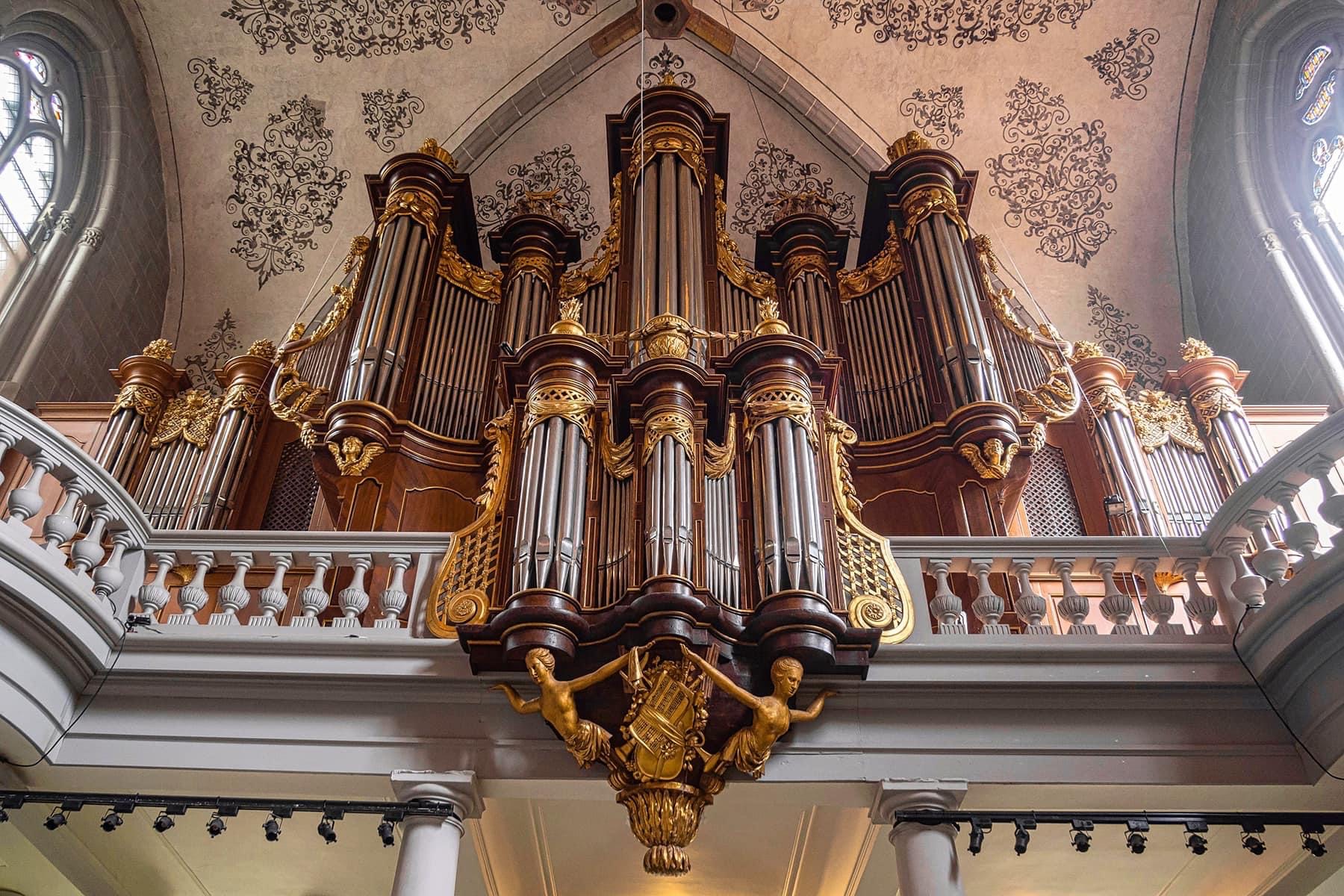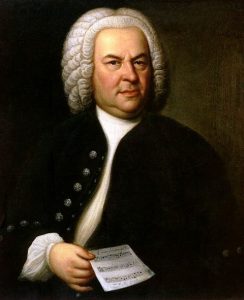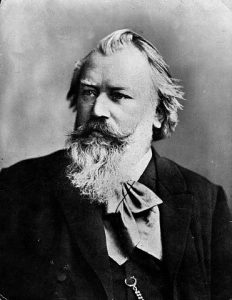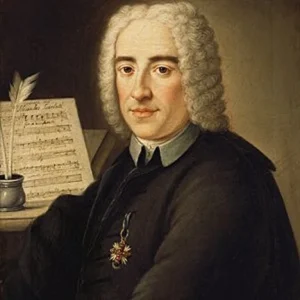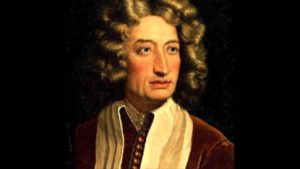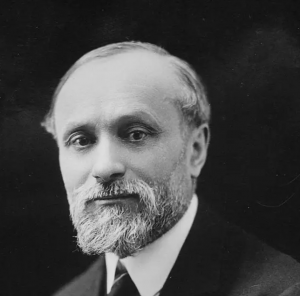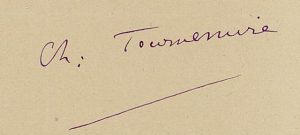Organ Repertoire
Sacred Music Answers for your Parish
Works by Genre
A brief list of accessible organ works for parish organists. This resource is designed for quick access, primarily to works in the public domain (U.S.).
Beginner Studies
Method Books ($)
Ritchie/Stauffer: Organ Technique, Modern & Early
Leupold: First Organ Book
Stainer: Complete Organ Method
Gleason: Method of Organ Playing
American Guild of Organists
Video Lessons for the New Organist
Manual Techniques (in addition to methods above)
Parkhurst Method (p.19-ff)
Pedal Exercises
Parkhurst Method (p.2-ff)
Bach, Pedal Exercitium, BWV 598
Repertoire
Krebs/J.S. Bach
Eight Preludes and Fugues
Suggested order: F, B-flat, d, g, G, a, C, e
Buxtehude
Toccata in F Major
Frescobaldi
Fiori Musicali
Merkel
Short Preludes, a minor (#8)
Lefébure-Wély
Vade Mecum de L’Organiste
Lemmens
L’Ècole d’orgue (Pt 1. Manuals only)
Pt 2. with Pedal
Guilmant
Ave Maria
Stanley
Voluntaries, Op. 5
Voluntaries, Op. 6
Voluntaries, Op. 7
Gregorian Chant-based
Couperin
70 Pieces
Individual plainchant settings
Demessieux
12 Choral Preludes
Dubois
12 Pièces nouvelles pour orgue
Gigout – Album Grégorien
(230 short works)
Modes I-II
Modes III-IV
Modes V-VI
Modes VII-VIII
Lemmens
L’Ècole d’orgue (Pt 1. Manuals only)
Pt 2. with Pedal
Nibelle
50 Pièces (Sundays and Feasts)
(See also Seasonal below)
Ravanello
Album Gregoriano
Titelouze
Ouvres Complètes
Tournemire (see below)
Liturgical
Couperin
Mass for the Convents
Mass for the Parishes
Frescobaldi
Fiori Musicali
Guilmant
Book 1
Book 2
Book 3
Book 4
Nibelle
(See Seasonal below)
Weddings
Stainer (ed.) – Wedding Compilation
Rigaudon – G. Boehm
Prélude (from Te Deum) – J. Charpentier
The Prince of Denmark’s March – J. Clarke
Trumpet Tune in D – J. Clarke
Trumpet Tune – H. Purcell
Trumpet Voluntary – J. Stanley (No. III)
Hornpipe (from Water Music) – G.F. Handel
Suite from Water Music – Handel
The Rejoicing (from Royal Fireworks Music) – Handel
Fanfare in D – J. Lemmens
Psalm XIX – B. Marcello
Toccata from Symphony 5 – Widor
Final from Symphony 1 – Vierne (mov’t 5)
Advent/Christmas
Adolph O Holy Night
J.S. Bach – Orgelbüchlein
“Herr Christ, der ein’ge Gottes Sohn”
“Lob sei dem almächtigen Gott”
“Nun komm, der Heiden Heiland”
“Lobt Gott, ihr christen allzugleich”
“Vom Himmel hoch, da komm’ ich her”
“Gelobet seist du, Jesu Christ”
“Der Tag, der ist so freudenreich”
“Christum wir sollen loben schon”
“Vom Himmel kam der Engel Schar”
Guilmant Chorales et Noëls
Karg-Elert Choral Improvisations for Advent
Nibelle Advent – Feb 2
Funerals
***N.B. Preludes or Postludes in case of necessity. Solo Organ music is not permitted in the Funeral Liturgy.
Elgar, Nimrod from ‘Enigma Variations’
Faure, In Paradisum from ‘Requiem’
Bach, O Mensch, bewein’ dein’ Sünde gross
Boellmann, Prière à Notre Dame
Mozart/Liszt, Ave Verum Corpus
Bach, Ich ruf’ zu dir, Herr Jesus Christ
Lent
***N.B. Solo Organ music is not permitted during Lenten Liturgies. Lenten organ music can be used well for concerts or devotions.
J.S. Bach, Chorales/Orgelbüchlein
O Mensch, bewein dein Sünde groß
Wir danken dir, Herr Jesu Christ
Nibelle Lent – Holy Thursday
Easter/Pentecost/Ascension
EASTER/PENTECOST/ASCENSION
J.S. Bach, Chorales/Orgelbüchlein
Erschienen ist der herrliche Tag
Erstanden ist der heil’ge Christ
Nibelle
General
NEW YEAR
SONG OF SIMEON
Mit Fried und Freud’ ich fahr’ dahin
Herr Gott, nun schleuss den Himmel auf
GENERAL
Wer nur den lieben Gott lässt walten
Es ist das Heil uns kommen her
Herr Jesu Christ, dich zu uns wend
Durch Adams Fall ist ganz verderbt
In dich hab’ ich gehoffet, Herr
Works by Composer
A brief list of esteemed organ works categorized by composer.
J.S. Bach - Complete Works
J.S. Bach - Beginning Works
Eight Preludes and Fugues (Krebs)
“In dulci jubilo,” BWV 751
“Nun freut euch,” BWV 755
“Wie schön leuchtet der Morgenstern,” BWV 739
Fugue in D Major, BWV 580
“Allein Gott in der Höh sei Ehr,” BWV 711
Pastorale, BWV 590
Alla breve, BWV 589
Canzona, BWV 588
“Herzlich thut mich verlangen,” BWV 727
Partita on “O Gott, du frommer Gott” BWV 767
Fugue in g minor, BWV 578 (“Little”)
Fugue in b minor, BWV 579 (“Corelli”)
Fugue in c minor, BWV 574 (“Legrenzi”)
Prelude and Fugue in c minor, BWV 549
Prelude and fugue in c minor, BWV 546
Fantasy and fugue in c minor, BWV 537
Prelude and Fugue in C Major, BWV 531
Prelude and Fugue in f minor, BWV 534
Prelude and Fugue in C Major, BWV 545
Suggested graded difficulty (Disselhorst)
![]()
Johannes Brahms
Dietrich Buxtehude
César Franck
- 6 Pièces pour grand orgue
- Fantaisie
- Grande pièce symphonique
- Prélude, Fugue et Variation
Pastorale - Prière
- Final
- 3 Pièces pour grand orgue
- Fantaisie
- Cantabile
- Pièce héroïque
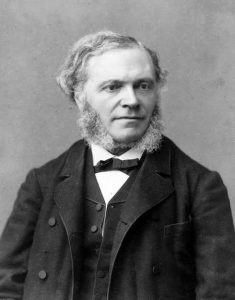

Alexandre Guilmant
Pièces dans différents styles
18 Books (Complete)
Marche Religieuse “Lift Up your Heads”
Organ Album 1
Organ Album 2
Organ Album 3
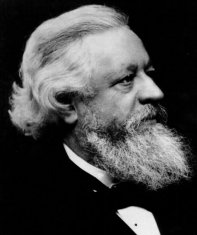

Olivier Messiaen
Although the music of Messiaen is still primarily under copyright, it is worth noting that he composed nearly 100 works for the organ. These works feature exciting harmonies, in part due to the composer’s synethesia and spiritual focus.
Although it may not always be suitable or practical to play the works of Messiaen in the Sacred Liturgy, one cannot deny his music as spiritually incomparable, true art, particularly in its depiction of Roman Catholic Theology.
A list of music is given here, in order to further an appreciation of Messiaen’s great legacy of organ music.
L’Ascension (1934)
- Majesté du Christ demandant sa gloire à son Père
- Alléluias sereins d’une âme qui désire le ciel
- Transports de joie d’une âme devant la gloire du Christ qui est la sienne
- Prière du Christ montant vers son Père
- Le Banquet Céleste (1926/28?)
- Apparition de l’Église éternelle (1932) (IMSLP Score)
- Diptyque (1930)
La Nativité du Seigneur (1935)
- La Vierge et l’Enfant
- Les Bergers
- Desseins éternels
- Le Verbe
- Les Enfants de Dieu
- Les Anges
- Jésus accepte la Souffrance
- Les Mages
- Dieu parmi nous
Les Corps glorieux (1939)
- Subtilité des corps glorieux
- Les Eaux de la grâce
- L’Ange aux parfums
- Combat de la mort et de la vie
- Force et agilité des corps glorieux
- Joie et clarté des corps glorieux
- Le Mystère de la sainte Trinité
Messe de la Pentecôte (1950)
- Entrée (Les langues de feu).
- Offertoire (Les choses visibles et invisibles).
- Consécration (Le don de Sagesse).
- Communion (Les oiseaux et les sources).
- Sortie (Le vent de l’Esprit).
Méditations sur le mystère de la Sainte Trinité (1969)
- Le Père inengendré
- La Sainteté de Jésus Christ
- La relation réelle en Dieu est réellement identique à l’essence
- Je suis, Je suis !
- Dieu est Immense, Éternel, Immuable – Le souffle de l’Esprit – Dieu est Amour
- Le Fils, Verbe et Lumière
- Le Père et le Fils aiment par le Saint-Esprit eux-mêmes et nous
- Dieu est simple
- Je suis Celui qui suis
Livre du Saint-Sacrement (1984)
- Adore te
- La Source de Vie
- Le Dieu caché
- Acte de Foi
- Puer natus est nobis
- La manne et le Pain de Vie
- Les ressuscités et la lumière de Vie
- Institution de l’Eucharistie
- Les ténèbres
- La Résurrection du Christ
- L’apparition du Christ ressuscité à Marie-Madeleine
- La Transsubstantiation
- Les deux murailles d’eau
- Prière avant la communion
- La joie de la grâce
- Prière après la communion
- La Présence multipliée
- Offrande et Alleluia final
Monodie (1963?)
Offrande au Saint Sacrement (1930/35)
Prélude (1928?)
Livre D’Orgue (1951-2)
- “Reprise par interversion” (Permuted repeats).
- “Pièce en trio I” (First trio).
- “Les mains de l’abîme” (The hands of the abyss).
- “Chants d’oiseaux” (Bird songs).
- “Pièce en trio II” (Second trio).
- “Les yeux dans les roues” (The eyes on the wheels).
- “Soixante-quatre durées”
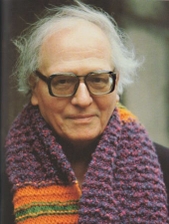
![]()
Johann Pachelbel
Charles Tournemire

CMAA
&
IMSLP
Free scores are generously provided by the Petrucci Music Library.
Content is available under the Creative Commons Attribution-ShareAlike 4.0 License. Used by permission.
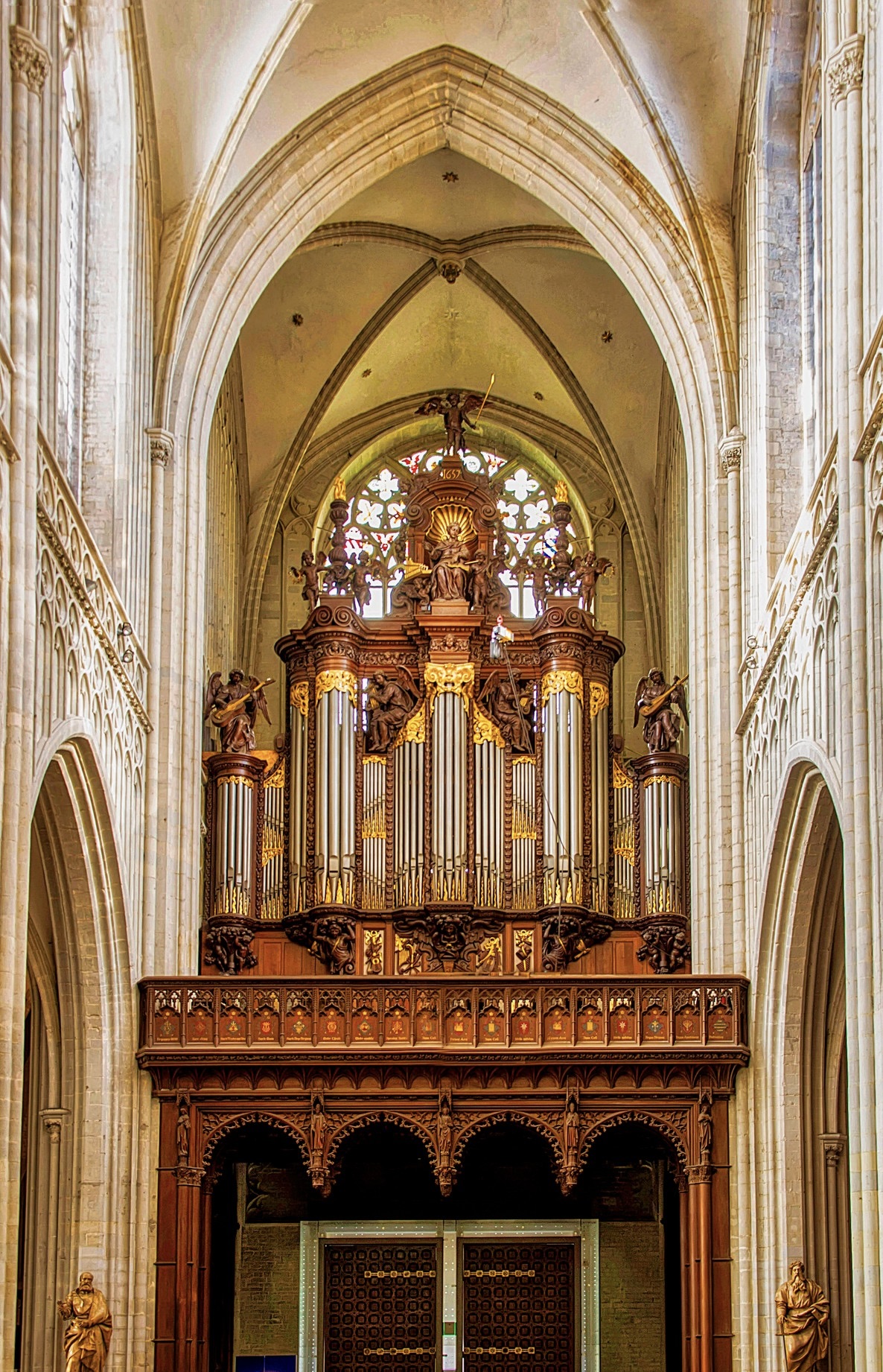
The Pipe Organ is esteemed as the “King of Instruments” and and after the voice, holds chief place in the Sacred Liturgy.
“The organ has always been considered, and rightly so, the king of musical instruments, because it takes up all the sounds of creation… and gives resonance to the fullness of human sentiments, from joy to sadness, from praise to lamentation. By transcending the merely human sphere, as all music of quality does, it evokes the divine.
The organ’s great range of timbre, from piano through to a thundering fortissimo, makes it an instrument superior to all others. It is capable of echoing and expressing all the experiences of human life. The manifold possibilities of the organ in some way remind us of the immensity and the magnificence of God.”
Pope Benedict XVI
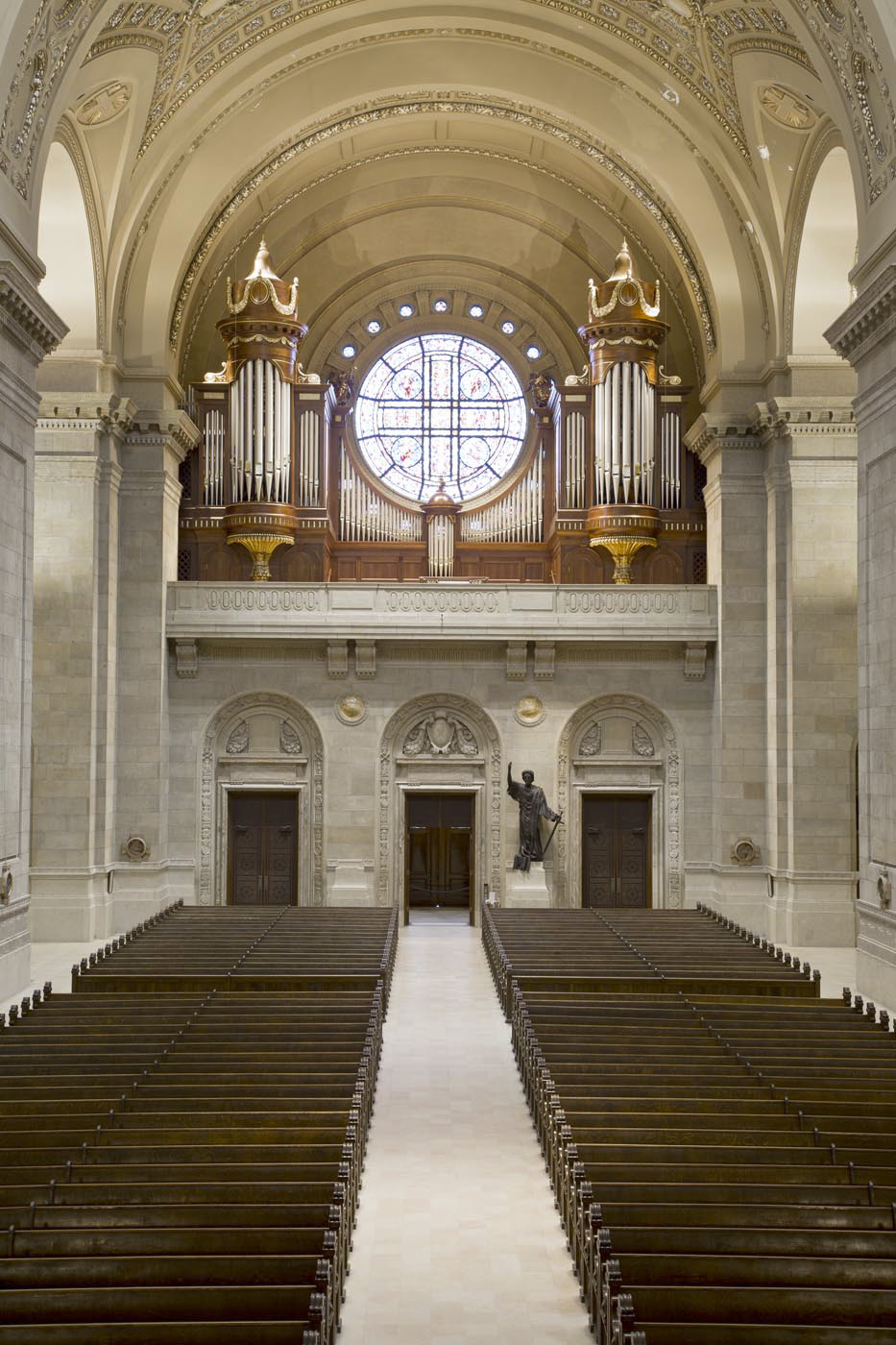
“Praise him with timbrel and choir: praise him with strings and organs.”
Psalm 150
